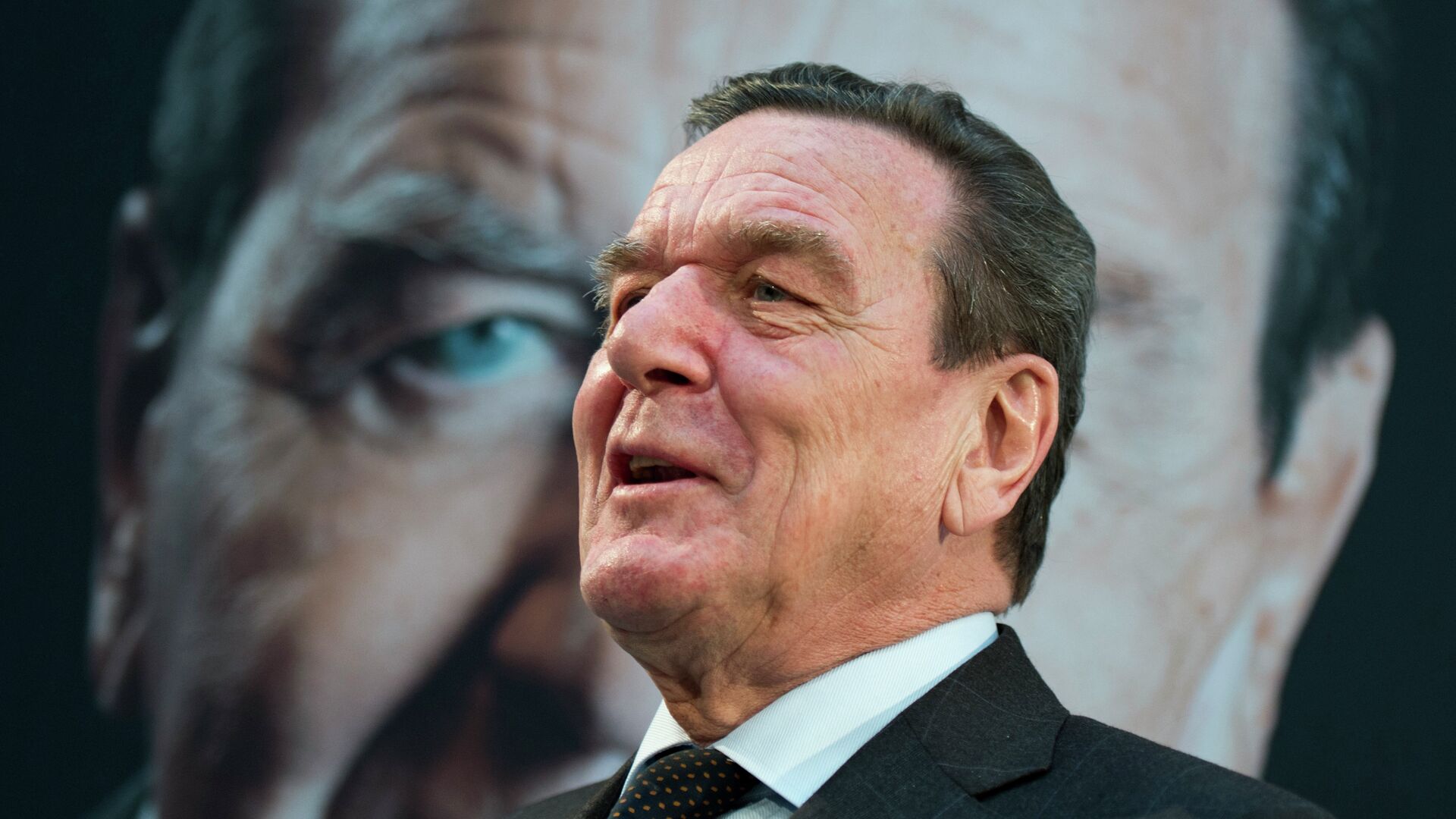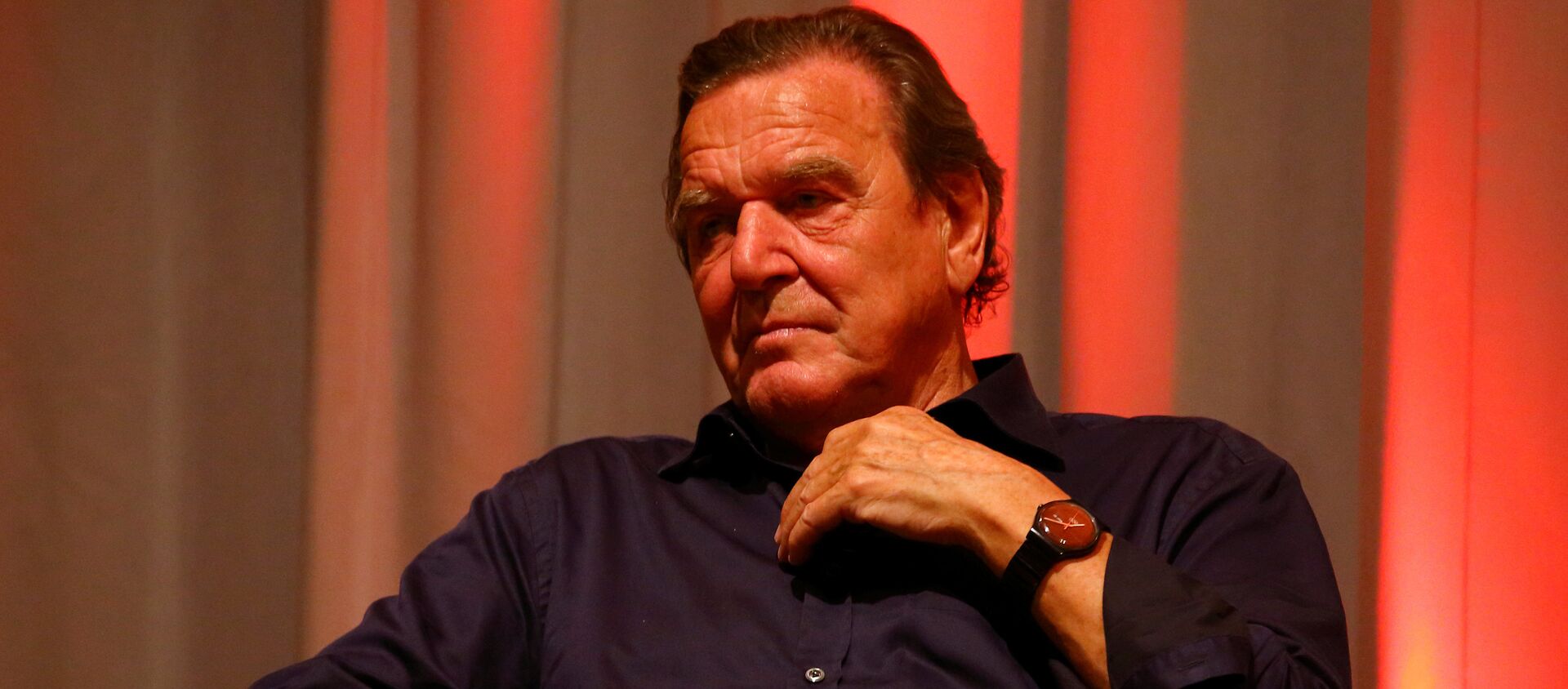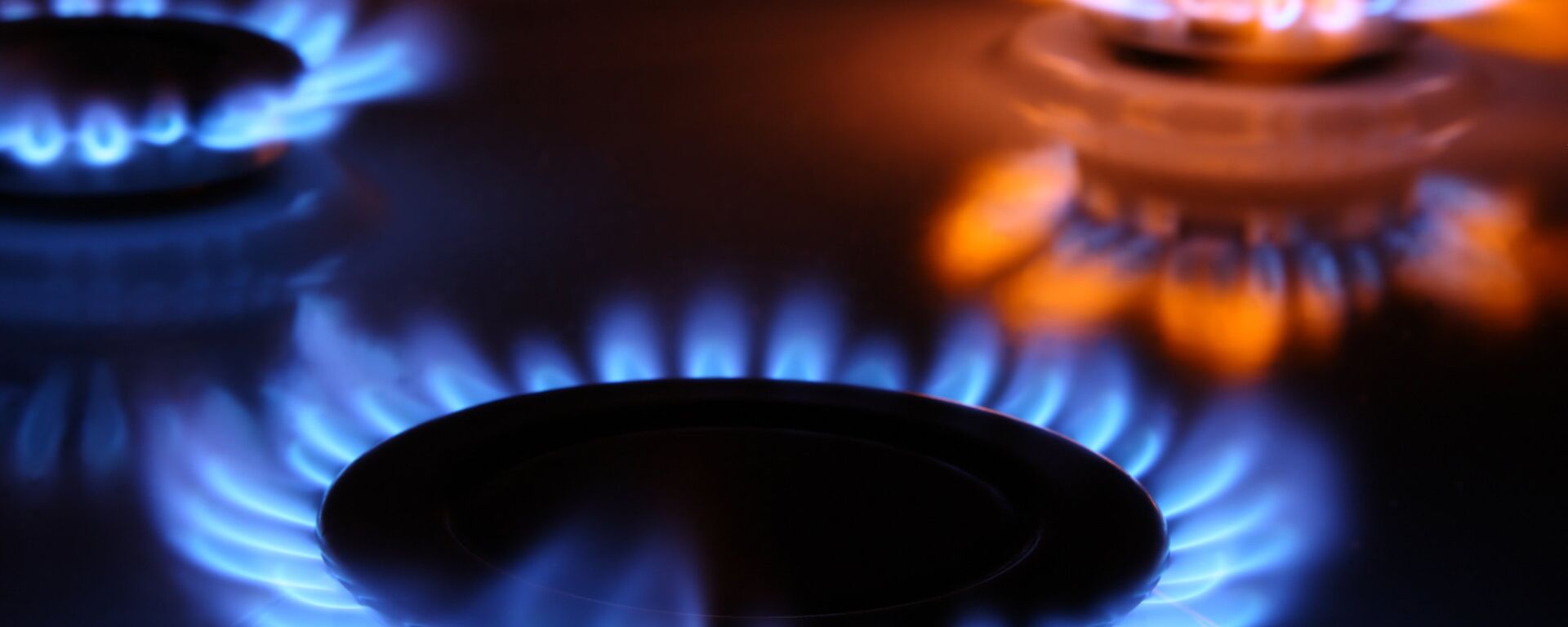https://sputnikglobe.com/20220518/european-parliament-plans-to-add-former-german-chancellor-schroder-to-sanctions-list-1095602542.html
European Parliament Plans to Add Former German Chancellor Schroeder to Sanctions List: Report
European Parliament Plans to Add Former German Chancellor Schroeder to Sanctions List: Report
Sputnik International
Gerhard Schroeder served as German chancellor between 1998 and 2005, and was an architect of efforts to strengthen German-Russian cooperation. After his... 18.05.2022, Sputnik International
2022-05-18T10:52+0000
2022-05-18T10:52+0000
2023-10-22T11:45+0000
sanctions
gerhard schroeder
https://cdn1.img.sputnikglobe.com/img/102196/34/1021963472_0:144:3448:2084_1920x0_80_0_0_065afb5a743dbe9644e928d9bf657769.jpg
The European Parliament plans to approve a resolution demanding that Gerhard Schroeder and Karin Kneissl, former minister of foreign affairs of Austria, be placed on the bloc's sanctions list, Welt reports.A draft resolution of the measure seen by Welt "strongly demands" that Schroeder and Kneissl follow the example of their Western colleagues, who resigned from management positions in Russian companies earlier this year, and quit their jobs with Rosneft. Schroeder is the chairman of the board of directors of the Russian oil giant, and has worked for the company since 2017. Kneissl has been a member of the board since 2021.Welt says the draft proposal has already been agreed by lawmakers from Christian democratic and conservative parties, social democrats and socialists, as well as liberals and greens, making its passage a shoo-in. The resolution is expected to be passed by the plenum on Thursday. After that, representatives of the EU's 27 member states would need to approve it, possibly as early as Friday.German Christian Democratic Union politician and European Parliament MP Stefan Berger called the draft "a real signal from Europe" that "former chancellors must continue to consider the well-being of their state after their time" in office.In the years leading up to the current Russia-West crisis over Ukraine, Schroeder has been an outspoken critic of US efforts to bully Berlin into rejecting mutually beneficial economic cooperation with Moscow. Germany, Schroeder believes, has an objective interest in good relations with Russia, with the two countries complementing one another's economic strengths and making up for each other's weaknesses.Schroeder has repeatedly warned in recent years that a global realignment of power is underway, and that only a united Europe with Russian support could withstand the economic power of the United States and China. Otherwise, he said, the region would be turned into a collection of "third-rate" countries.The senior German politician suggested that Vladimir Putin's efforts to build relations with the West based on equality and respect had been rejected, but expressed hopes that opportunities to improve ties still existed. "This is a big chance for us now. We should try to reconnect Russia with the European Union and the West. In order to achieve this, changes are doubtlessly required both in Russian and Western politics", he said in the Spiegel interview.Relations between Russia and the West have deteriorated dramatically since then, with Moscow launching a military operation in Ukraine in February after spending over eight years looking on hopelessly at the festering wound in the Donbass and attempting to resolve the crisis through negotiations.On Tuesday, Putin expressed regret over Europe's decision to introduce economically "suicidal" sanctions against Russian energy, saying such measures would lead the region to face the highest energy costs in the world, with the associated economic penalties for regional nations and their global economic competitiveness.German opposition politicians and industrial leaders from major companies including BASF, Volkswagen, and others have spent months warning Berlin that politically-motivated bans on Russian energy supplies could spark the worst economic crisis since 1945.
https://sputnikglobe.com/20190706/germany-not-a-banana-republic-ex-chancellor-slams-trumps-treatment-of-europe-like-vassals-1076168261.html
https://sputnikglobe.com/20220429/german-employers-union-boss-says-ban-on-russian-gas-would-paralyse-economy-1095146242.html
Sputnik International
feedback@sputniknews.com
+74956456601
MIA „Rosiya Segodnya“
2022
News
en_EN
Sputnik International
feedback@sputniknews.com
+74956456601
MIA „Rosiya Segodnya“
Sputnik International
feedback@sputniknews.com
+74956456601
MIA „Rosiya Segodnya“
sanctions, gerhard schroeder
sanctions, gerhard schroeder
European Parliament Plans to Add Former German Chancellor Schroeder to Sanctions List: Report
10:52 GMT 18.05.2022 (Updated: 11:45 GMT 22.10.2023) Gerhard Schroeder served as German chancellor between 1998 and 2005, and was an architect of efforts to strengthen German-Russian cooperation. After his chancellorship, the SPD politician worked for Russian energy companies, making him a prime target of a witch hunt which began in Germany and Europe after Moscow launched its military op in Ukraine.
The European Parliament plans to approve a resolution demanding that Gerhard Schroeder and Karin Kneissl, former minister of foreign affairs of Austria, be placed on the bloc's sanctions list, Welt
reports.
A draft resolution of the measure seen by Welt "strongly demands" that Schroeder and Kneissl follow the example of their Western colleagues, who resigned from management positions in Russian companies earlier this year, and quit their jobs with Rosneft. Schroeder is the chairman of the board of directors of the Russian oil giant, and has worked for the company since 2017. Kneissl has been a member of the board since 2021.
The draft reportedly warns that if the former German chancellor, the senior Austrian politician, and others don't immediately vacate their posts, the European Council should "extend the list of persons affected by EU sanctions to include European board members of large Russian companies and politicians who continue to receive Russian funds".
Welt says the draft proposal has already been agreed by lawmakers from Christian democratic and conservative parties, social democrats and socialists, as well as liberals and greens, making its passage a shoo-in. The resolution is expected to be passed by the plenum on Thursday. After that, representatives of the EU's 27 member states would need to approve it, possibly as early as Friday.
German Christian Democratic Union politician and European Parliament MP Stefan Berger called the draft "a real signal from Europe" that "former chancellors must continue to consider the well-being of their state after their time" in office.
In the years leading up to the current Russia-West crisis over Ukraine, Schroeder has been an outspoken critic of US efforts to bully Berlin into rejecting mutually beneficial economic cooperation with Moscow. Germany, Schroeder believes, has an objective interest in good relations with Russia, with the two countries complementing one another's economic strengths and making up for each other's weaknesses.
Schroeder has repeatedly
warned in recent years that a global realignment of power is underway, and that only a united Europe with Russian support could withstand the economic power of the United States and China. Otherwise, he said, the region would be turned into a collection of "third-rate" countries.
"If we, as Europeans, want to survive politically and economically between superpowers [like] the United States and China, we cannot do this without Russia's potential. We need the country's market and, first of all, its resources", Schroeder said in one 2019 interview with Spiegel.
The senior German politician suggested that Vladimir Putin's efforts to build relations with the West based on equality and respect had been rejected, but expressed hopes that opportunities to improve ties still existed. "This is a big chance for us now. We should try to reconnect Russia with the European Union and the West. In order to achieve this, changes are doubtlessly required both in Russian and Western politics", he said in the Spiegel interview.
Relations between Russia and the West have deteriorated dramatically since then, with Moscow launching a military operation in Ukraine in February after spending over eight years looking on hopelessly at the festering wound in the Donbass and attempting to resolve the crisis through negotiations.
On Tuesday, Putin expressed regret over Europe's decision to introduce economically "suicidal" sanctions against Russian energy, saying such measures would lead the region to face the highest energy costs in the world, with the associated economic penalties for regional nations and their global economic competitiveness.
"One gets the impression that our Western colleagues, politicians and economists have simply forgotten the foundations of the elementary laws of economics, or, to their detriment, prefer to deliberately ignore them", the Russian president said. "Such an economic auto-da-fe, or suicide, is of course the internal affair of European countries. We must proceed pragmatically and primarily from our own economic interests", he stressed.
German opposition politicians and industrial leaders from major companies including BASF, Volkswagen, and others have spent months warning Berlin that politically-motivated bans on Russian energy supplies could spark the worst economic crisis since 1945.





